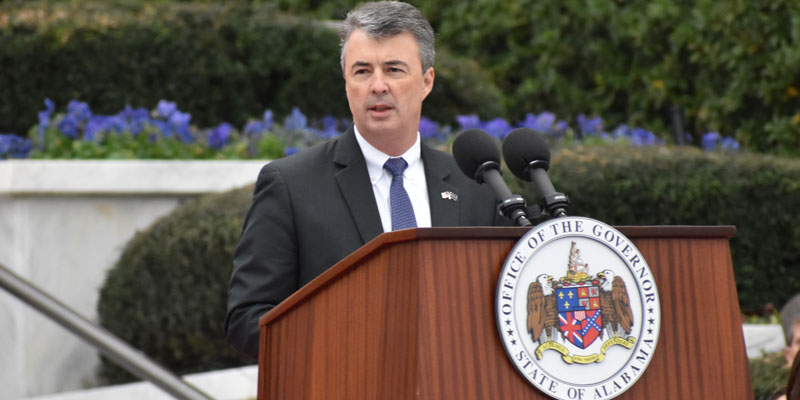Alabama Attorney General Steve Marshall has redoubled his efforts to ensure the failure of an effort by some states to push through the ratification of the 1972 Equal Rights Amendment (ERA) to the U.S. Constitution.
In December, Marshall joined two other states and took the first step of filing a preventative lawsuit to stop the ERA from being passed.
Recently, Illinois, Nevada and Virginia have launched their own suit, arguing that recent votes by their state legislatures qualify the amendment for ratification.
Marshall this week filed a motion to intervene in the new suit brought by Illinois, Nevada and Virginia.
As Yellowhammer News reported in December:
The ERA was initially passed by both Houses of Congress in 1972 and went to the states for ratification. The amendment needed to be ratified by 38 state legislatures to become officially enshrined in the U.S. Constitution. In the proposing clause of the amendment’s passage through the House and Senate, Congress attached a seven-year deadline for ratification, a deadline that was later extended from 1979 to 1982.
The amendment did not receive the required amount of ratifications by 1982. As far as Marshall is concerned, that should have been the end of the issue.
Additionally, Marshall believes that five states validly rescinded their ratifications before the 1982 deadline. The question of whether a state can rescind a vote to ratify a constitutional amendment is not considered settled by legal scholars.
Proponents of the ERA believe that not only are the rescissions invalid but also the entire congressional deadline for ratification is constitutionally irrelevant.
Since that reporting, the Virginia legislature has voted in favor of the ERA, becoming the 38th state to do so. In the minds of the feminist movement pushing the amendment, this makes it eligible for passage.
The question of whether it will ultimately be ratified is currently tied up in a legal imbroglio that Marshall entered with the new suit this week.
Marshall said of those who disagree with his interpretation of the legal process, “There are some states who want to advance these policies, and they are free to do so through lawful political processes. But they are not free to illegally rewrite the Constitution by inserting a provision the American people long ago rejected.”
Henry Thornton is a staff writer for Yellowhammer News. You can contact him by email: [email protected] or on Twitter @HenryThornton95.













